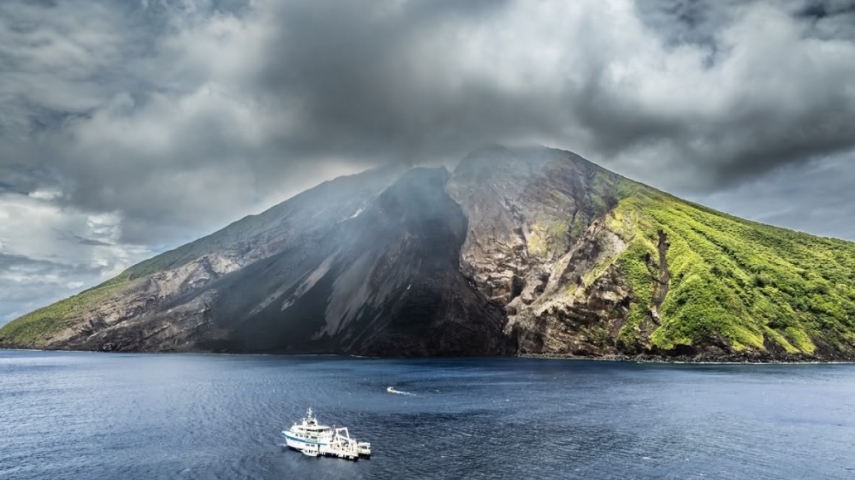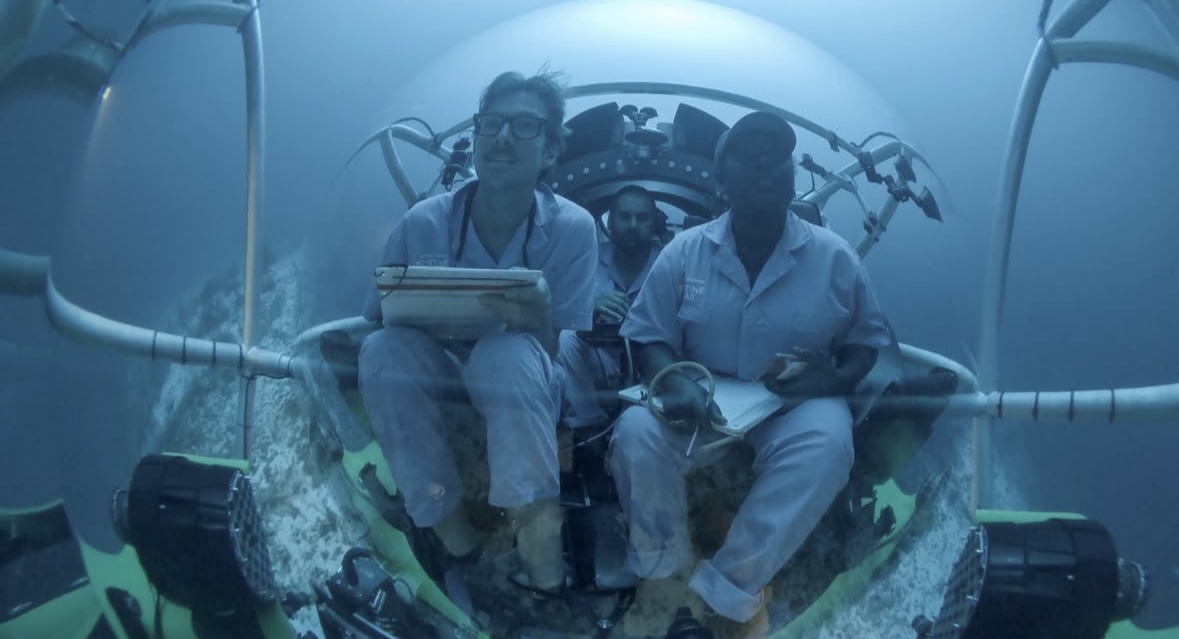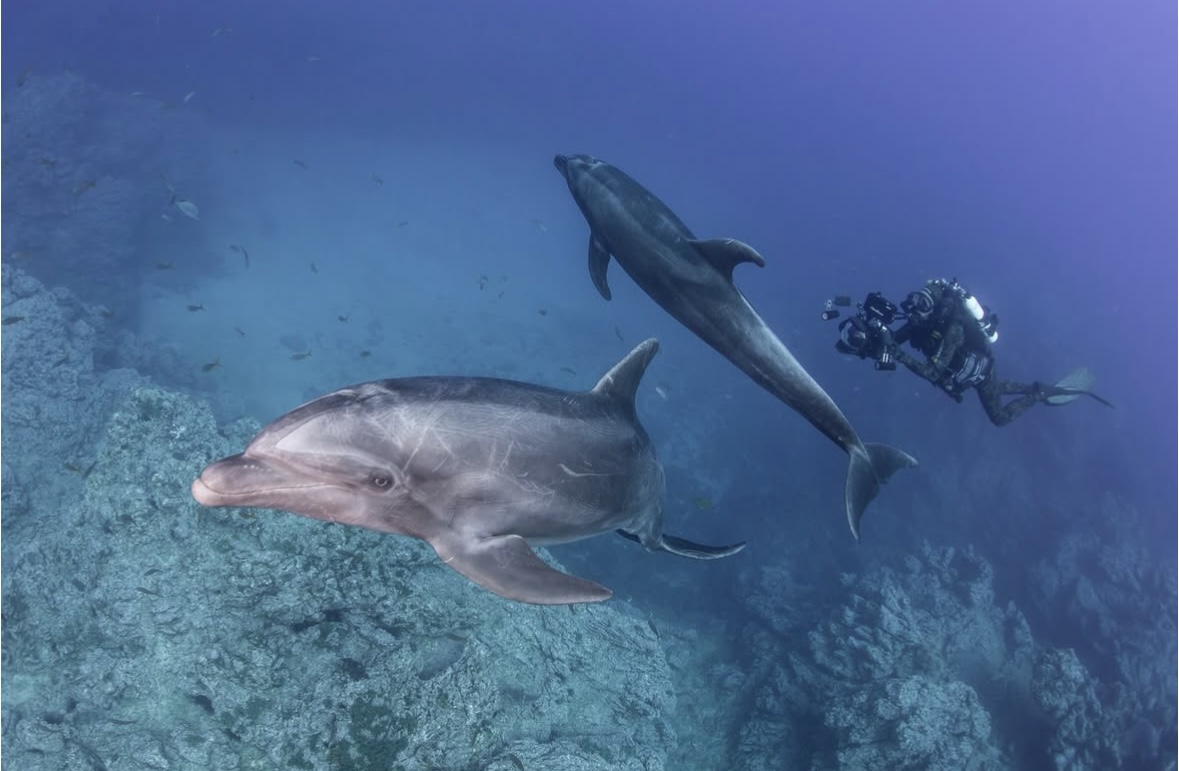
Photo credits: Foundation Prince Albert II of Monaco
The global ocean, a vast and vital ecosystem that sustains life on Earth, is confronting unprecedented threats from climate change, pollution, overfishing and habitat destruction. Now, more than ever, concerted action through scientific research, compelling storytelling and informed policy-making is essential to safeguard its future.
In its latest effort to advance this cause, the Foundation Prince Albert II of Monaco has published the ninth edition of its magazine, IMPACT. This issue delves into field notes from a recent expedition organized by National Geographic Pristine Seas, led by the marine ecologist Enric Sala and supported directly by the foundation. The expedition's discoveries include the unearthing of a 300-year-old megacoral in the remote waters of the Solomon Islands—a remarkable find that underscores the hidden wonders still lurking in under-explored marine environments.
Beyond mere exploration, the mission exemplifies a multifaceted approach to conservation. It integrates rigorous scientific research with active local engagement, fostering partnerships with communities in the Pacific region to bolster marine protection initiatives. At the same time, it incorporates high-level diplomacy, aiming to influence policy decisions that can scale up these efforts across international boundaries.


Photo credits: Foundation Prince Albert II of Monaco
The foundation's magazine highlights these elements as critical to addressing the ocean's escalating crises. As detailed in the article, the expedition's work blends empirical data collection with narratives that humanize the stakes, while advocating for protective measures that transcend national interests.
This initiative aligns with broader calls for ocean conservation, as emphasized in the foundation's outreach. Contributors to the Pristine Seas project, including Manu San Felix, Avi Kalpfer and Tess Goldhagen, along with Enric Sala, represent a collaborative network dedicated to science in service of nature. Their work serves as a reminder that protecting the planet's blue heart requires not just urgency, but unified global resolve.

